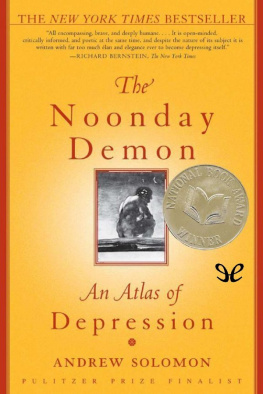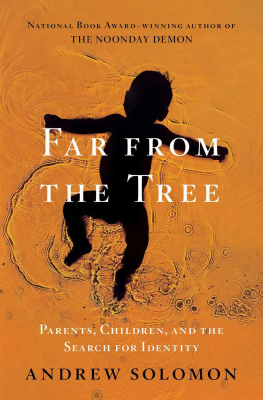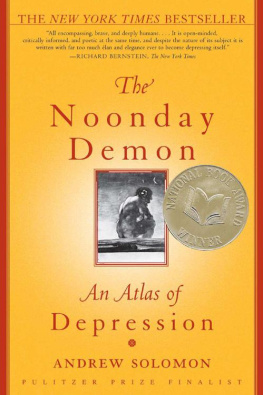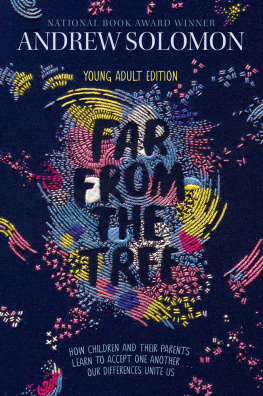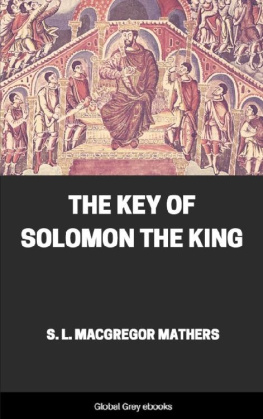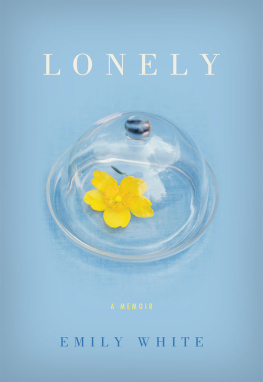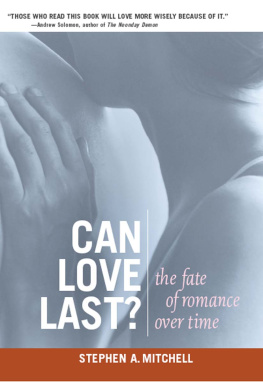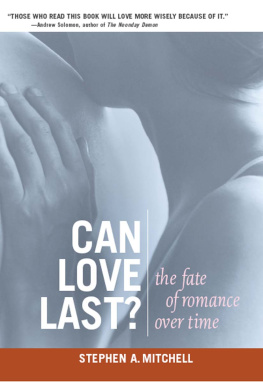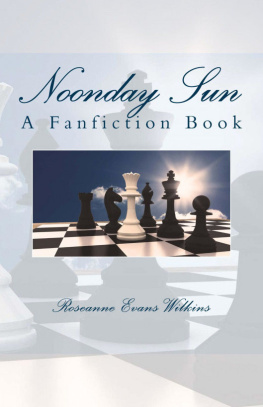Andrew Solomon - The Noonday Demon
Here you can read online Andrew Solomon - The Noonday Demon full text of the book (entire story) in english for free. Download pdf and epub, get meaning, cover and reviews about this ebook. year: 2001, publisher: ePubLibre, genre: Religion. Description of the work, (preface) as well as reviews are available. Best literature library LitArk.com created for fans of good reading and offers a wide selection of genres:
Romance novel
Science fiction
Adventure
Detective
Science
History
Home and family
Prose
Art
Politics
Computer
Non-fiction
Religion
Business
Children
Humor
Choose a favorite category and find really read worthwhile books. Enjoy immersion in the world of imagination, feel the emotions of the characters or learn something new for yourself, make an fascinating discovery.
- Book:The Noonday Demon
- Author:
- Publisher:ePubLibre
- Genre:
- Year:2001
- Rating:4 / 5
- Favourites:Add to favourites
- Your mark:
- 80
- 1
- 2
- 3
- 4
- 5
The Noonday Demon: summary, description and annotation
We offer to read an annotation, description, summary or preface (depends on what the author of the book "The Noonday Demon" wrote himself). If you haven't found the necessary information about the book — write in the comments, we will try to find it.
The Noonday Demon — read online for free the complete book (whole text) full work
Below is the text of the book, divided by pages. System saving the place of the last page read, allows you to conveniently read the book "The Noonday Demon" online for free, without having to search again every time where you left off. Put a bookmark, and you can go to the page where you finished reading at any time.
Font size:
Interval:
Bookmark:

The Noonday Demon examines depression in personal, cultural, and scientific terms. Drawing on his own struggles with the illness and interviews with fellow sufferers, doctors and scientists, policy makers and politicians, drug designers and philosophers, Andrew Solomon reveals the subtle complexities and sheer agony of the disease. He confronts the challenge of defining the illness and describes the vast range of available medications, the efficacy of alternative treatments, and the impact the malady has on various demographic populations around the world and throughout history. He also explores the thorny patch of moral and ethical questions posed by emerging biological explanations for mental illness. With uncommon humanity, candor, wit, and erudition, award-winning author Solomon takes readers on a journey of incomparable range and resonance into the most pervasive of family secrets. His contribution to our understanding not only of mental illness but also of the human condition is truly stunning.

Andrew Solomon
An Atlas of Depression
National Book Award for Nonfiction 2001
ePub r1.0
Titivillus 02.07.18
Everything passes away suffering, pain, blood, hunger, pestilence. The sword will pass away too, but the stars will still remain when the shadows of our presence and our deeds have vanished from the earth. There is no man who does not know that. Why, then, will we not turn our eyes toward the stars? Why?
Mikhail Bulgakov, The White Guard

ANDREW SOLOMON (born October 30, 1963) is a writer on politics, culture and psychology, who lives in New York City and London. He has written for The New York Times, The New Yorker, Artforum, Travel and Leisure, and other publications on a range of subjects, including depression, Soviet artists, the cultural rebirth of Afghanistan, Libyan politics, and deaf politics.
Solomons book The Noonday Demon: An Atlas of Depression won the 2001 National Book Award, was a finalist for the 2002 Pulitzer Prize, and was included in The Times list of one hundred best books of the decade. Honors awarded to Far from the Tree: Parents, Children, and the Search for Identity include the 2012 National Book Critics Circle Award, the Media for a Just Society Award of the National Council on Crime and Delinquency, the Anisfield-Wolf Book Award, the Dayton Literary Peace Prize, the J. Anthony Lukas Book Prize, and the Wellcome Book Prize.
Solomon is a Professor of Clinical Psychology at Columbia University Medical Center, and a past President of PEN American Center.
Ttulo original: The Noonday Demon
Andrew Solomon, 2001
Editor digital: Titivillus
ePub base r1.2
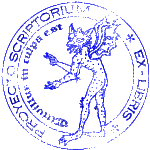
For my father,
who gave me life not once, but twice.
T he writing of this book has been my life for the past five years, and it is sometimes hard for me to trace my own ideas back to their various sources. I have attempted to credit all influences in the notes at the back of the book, and not to distract readers with a cascade of unfamiliar names and technical jargon in the main text. I asked my subjects to allow me to use their actual names, because real names lend authority to real stories. In a book one of the aims of which is to remove the burden of stigma from mental illness, it is important not to play to that stigma by hiding the identities of depressed people. I have, however, included the stories of seven people who wished to remain pseudonymous and who persuaded me that they had significant reason to do so. They appear in this text as Sheila Hernandez, Frank Rusakoff, Bill Stein, Danquille Stetson, Lolly Washington, Claudia Weaver, and Fred Wilson. None of them is a composite personality, and I have taken pains to change no details. The members of Mood Disorders Support Groups (MDSG) use first names only; these have all been changed in keeping with the private nature of the meetings. All other names are actual.
I have allowed the men and women whose battles are the primary subject of this book to tell their own stories. I have done my best to get coherent stories from them, but I have not in general done fact-checking on their accounts of themselves. I have not insisted that all personal narrative be strictly linear.
I have often been asked how I found my subjects. A number of professionals, as noted in the acknowledgments, helped me to gain access to their patients. I met an enormous number of people in my ordinary life who volunteered, upon learning of my subject, their own copious histories, some of which were extremely fascinating and ultimately became source material. I published an article about depression in The New Yorker in 1998 and received over a thousand letters in the months immediately following publication. Graham Greene once said, I sometimes wonder how all those who do not write, compose, or paint can manage to escape the madness, the melancholia, the panic fear which is inherent in the human situation. I think he vastly underestimated the number of people who do write in one way or another to alleviate melancholia and panic fear. In responding to my flood of mail, I asked some people whose correspondence had been particularly moving to me whether they would be interested in doing interviews for this book. Additionally, I spoke at and attended numerous conferences where I met consumers of mental health care.
I have never written on any subject about which so many people have so much to say, nor on any subject about which so many people have chosen to say so much to me. It is frighteningly easy to accumulate material about depression. I felt in the end that what was missing in the field of depression studies was synthesis. Science, philosophy, law, psychology, literature, art, history, and many other disciplines have independently taken up the cause of depression. So many interesting things are happening to so many interesting people and so many interesting things are being said and being published and there is chaos in the kingdom. The first goal of this book is empathy; the second, which has been for me much more difficult to achieve, is order: an order based as closely as possible on empiricism, rather than on sweeping generalizations extracted from haphazard anecdotes.
I must emphasize that I am not a doctor or a psychologist or even a philosopher. This is an extremely personal book and should not be taken as anything more than that. Though I have offered explanations and interpretations of complex ideas, this book is not intended to substitute for appropriate treatment.
For the sake of readability, I have not used ellipsis marks or brackets in quotations, from spoken or written sources, where I felt that the omitted or added words did not substantially change meaning; anyone wishing to reference these sources should go back to the originals, which are all cataloged at the end of this book. I have also avoided use of [sic] in the eighth chapter, where historical sources use obsolete spellings. Quotations for which citations are not furnished are from personal interviews, most of which were conducted between 1995 and 2001.
Font size:
Interval:
Bookmark:
Similar books «The Noonday Demon»
Look at similar books to The Noonday Demon. We have selected literature similar in name and meaning in the hope of providing readers with more options to find new, interesting, not yet read works.
Discussion, reviews of the book The Noonday Demon and just readers' own opinions. Leave your comments, write what you think about the work, its meaning or the main characters. Specify what exactly you liked and what you didn't like, and why you think so.

